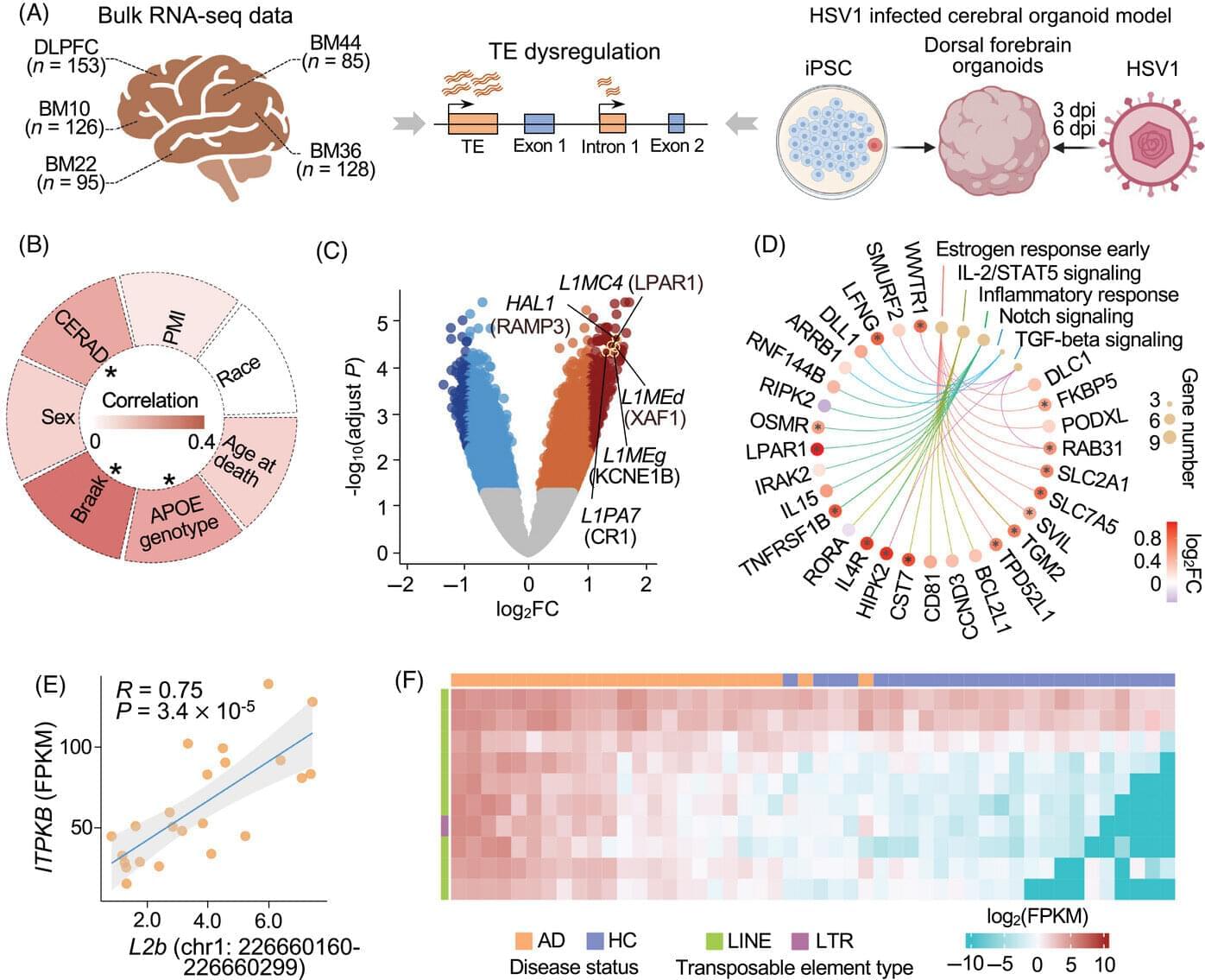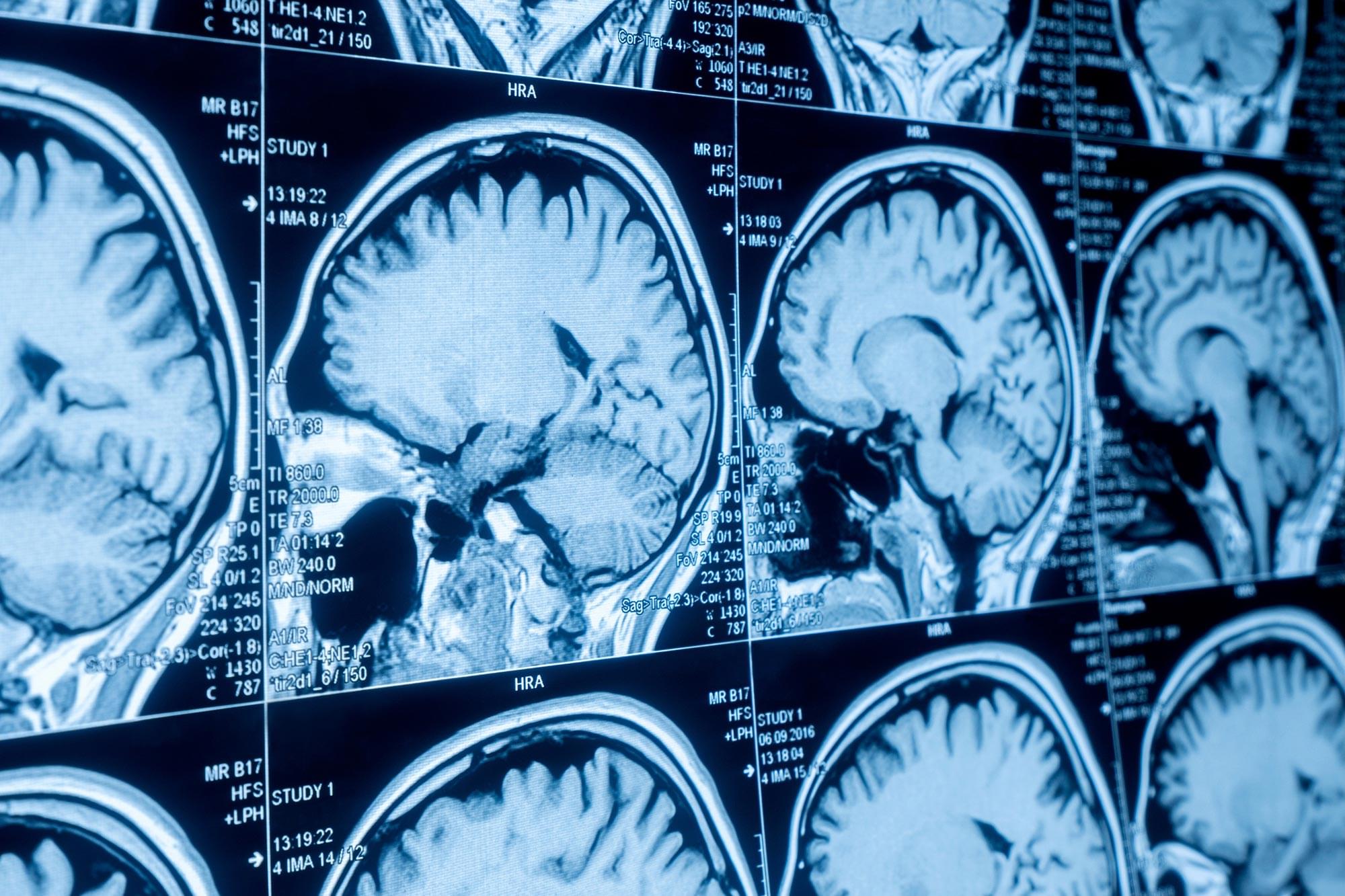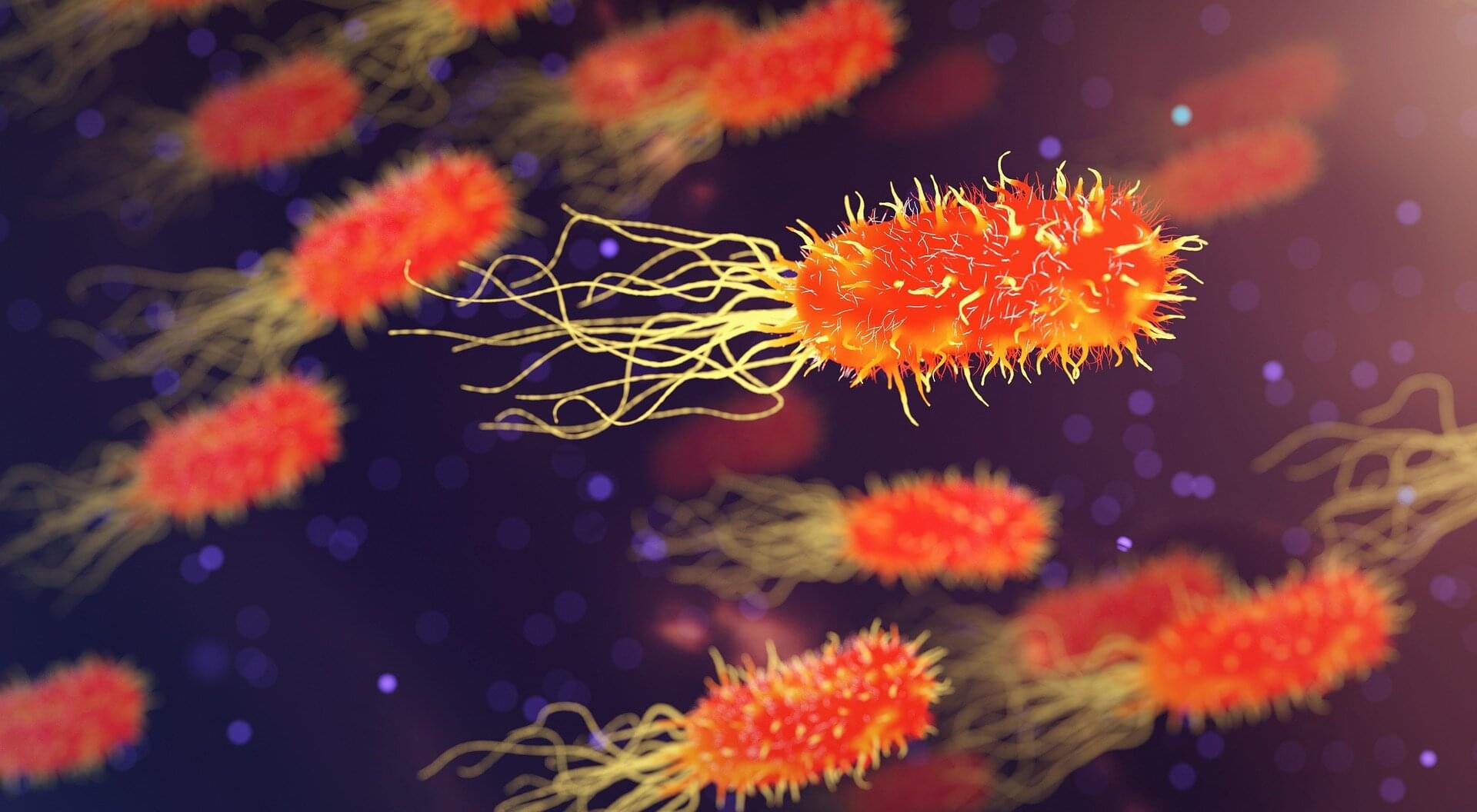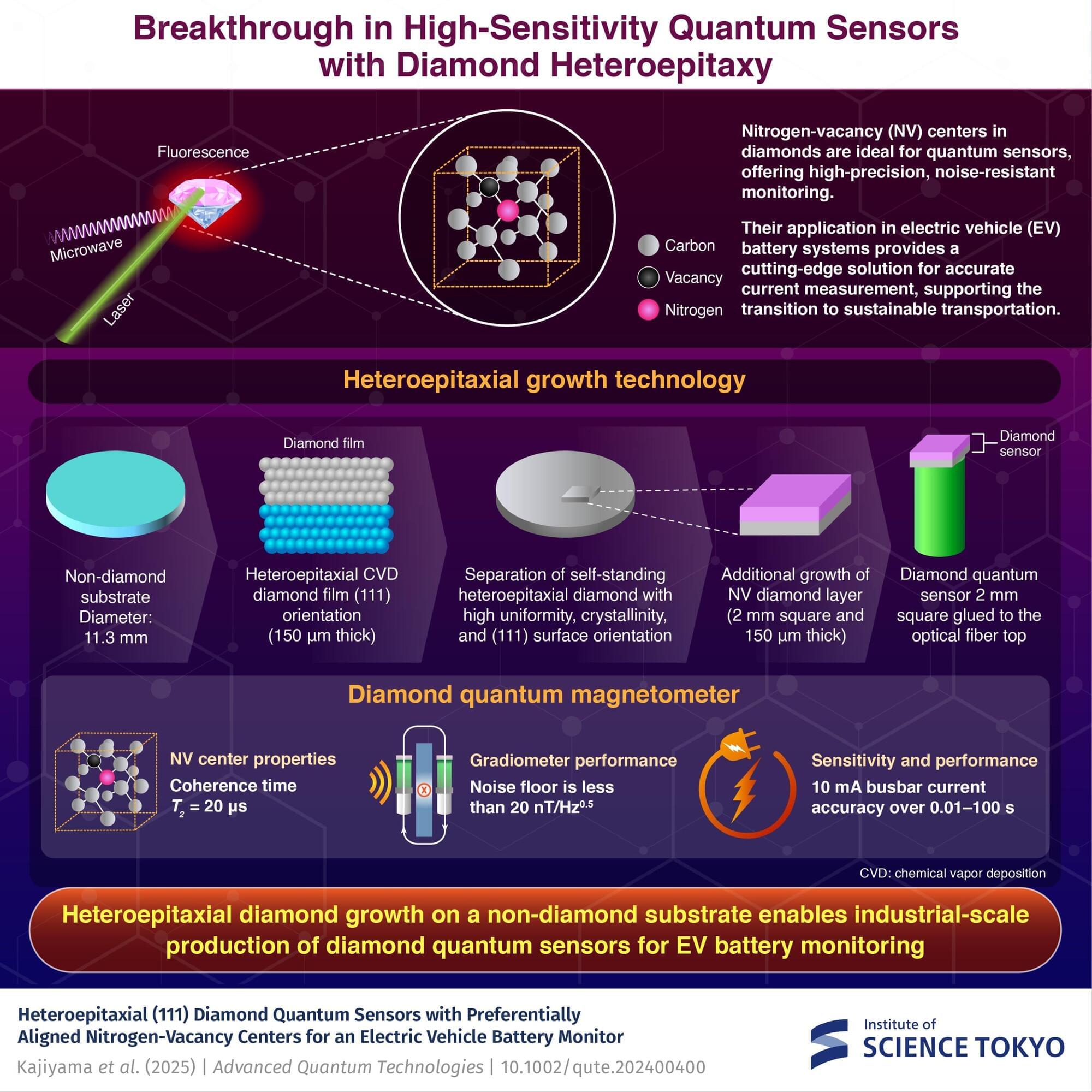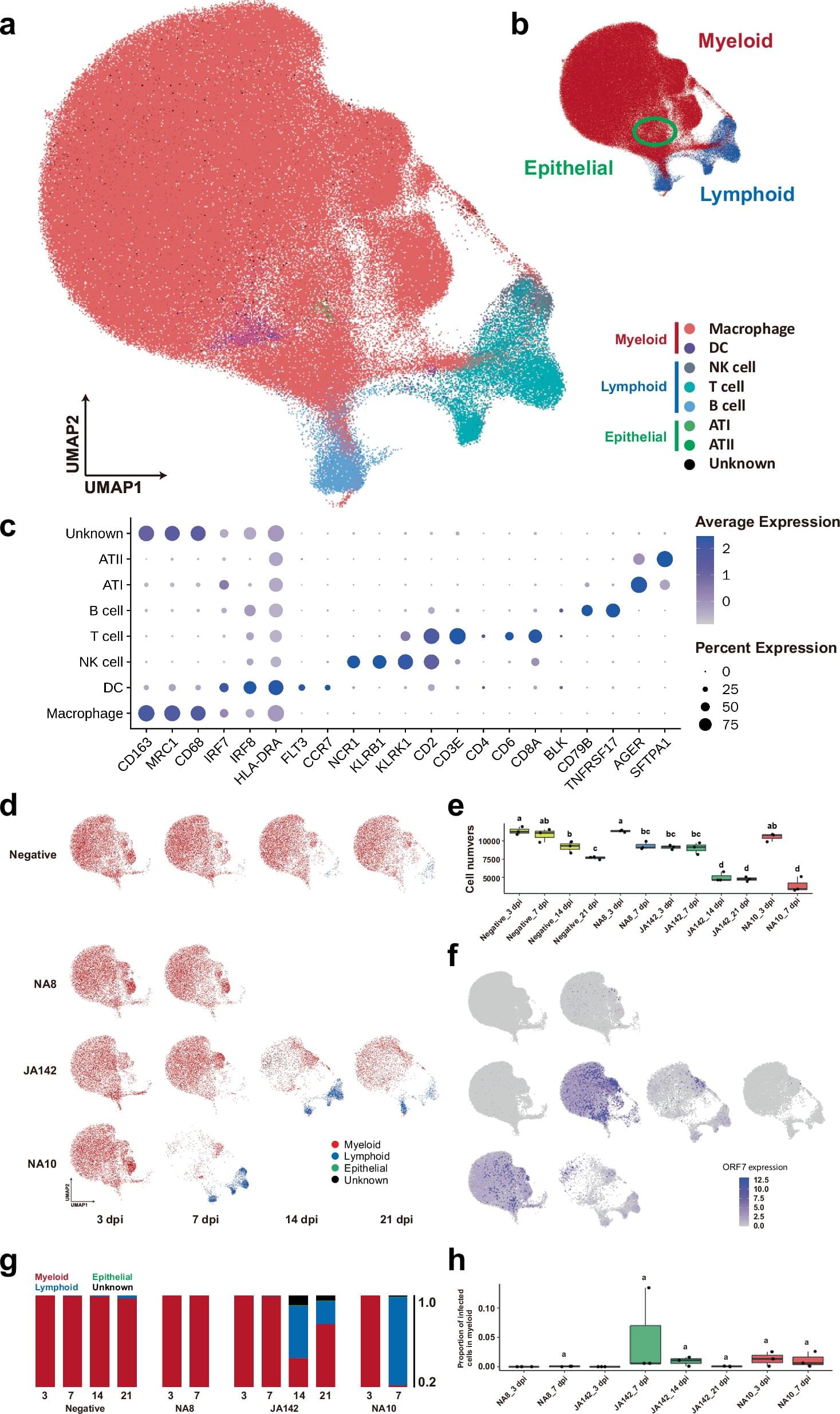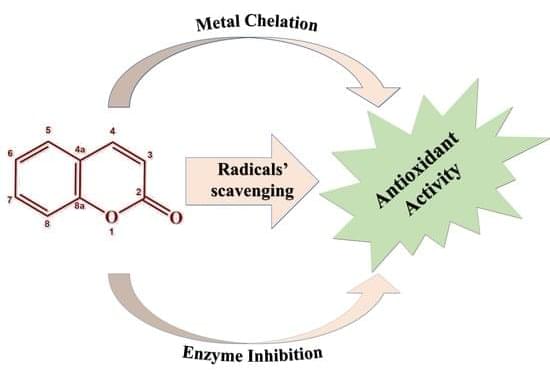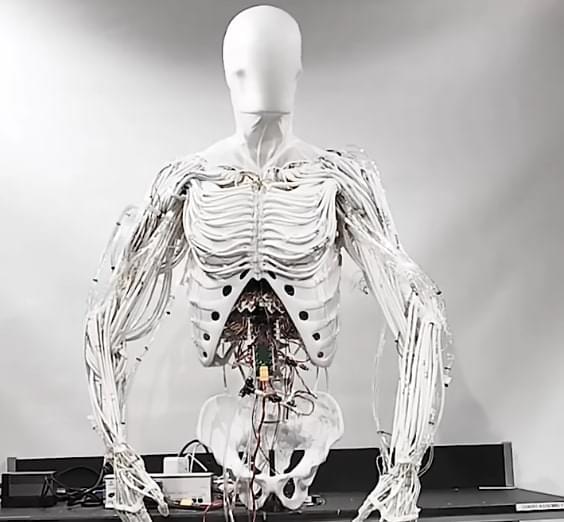Researchers from Cleveland Clinic’s Genome Center have outlined the pathway human herpes simplex virus-1 (HSV1) can use to contribute to Alzheimer’s disease in aging brains. In a report published in Alzheimer’s & Dementia, investigators also share two FDA-approved, commercially available drugs that reverse this pathway in a laboratory setting.
The findings are the first concrete evidence to support the previously controversial link between human herpesviruses (HHVs) and Alzheimer’s disease. Illustrating the potential for herpes to trigger dementia aids continued efforts to prevent and cure neurodegenerative disease, says senior author and Genome Center director Feixiong Cheng, Ph.D…
For most people, contracting a herpes infection is just an inconvenient or harmless fact of life. Many herpesviruses are individually present in a large percentage of people worldwide, meaning virtually every human being on earth is expected to contract at least three types of herpesviruses by adulthood. Some of these viruses don’t cause symptoms, while others only cause minor illnesses like mono or chickenpox. However, even after these illnesses subside, an infected individual still carries herpesviruses for the rest of their life, with only minor symptoms like occasional cold sores.
